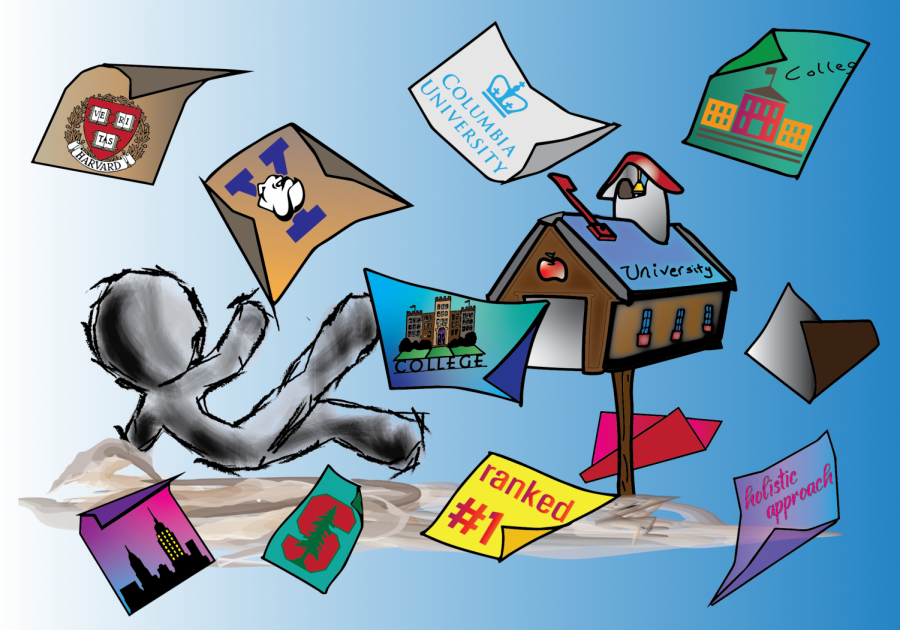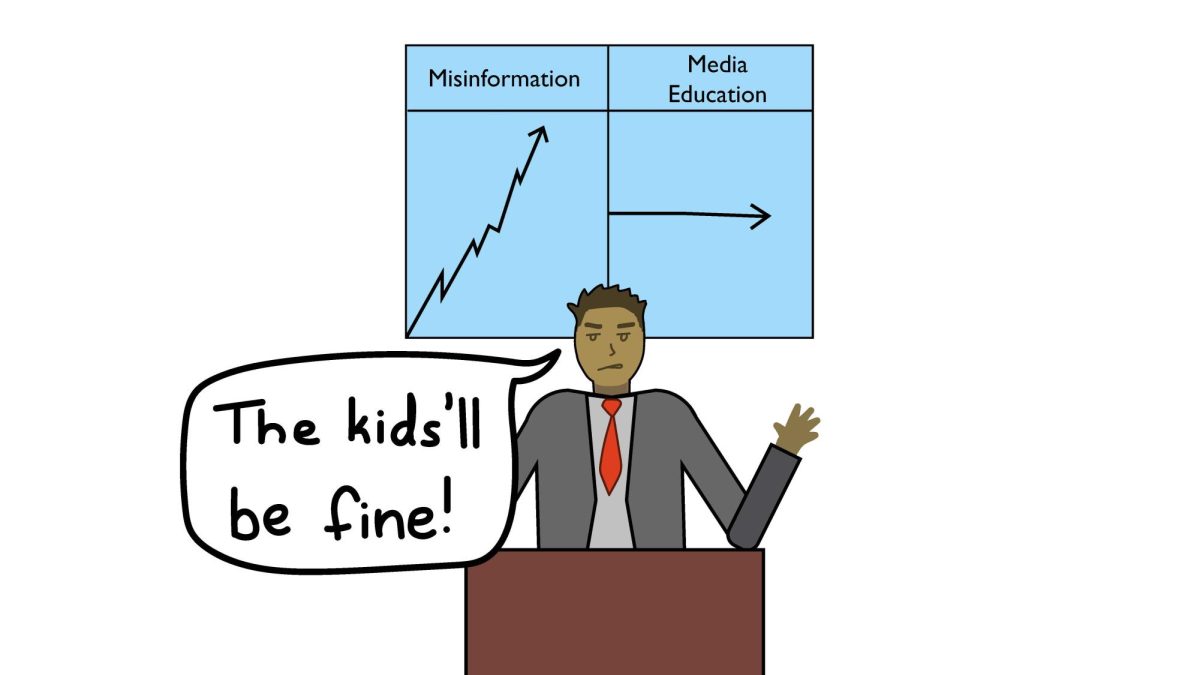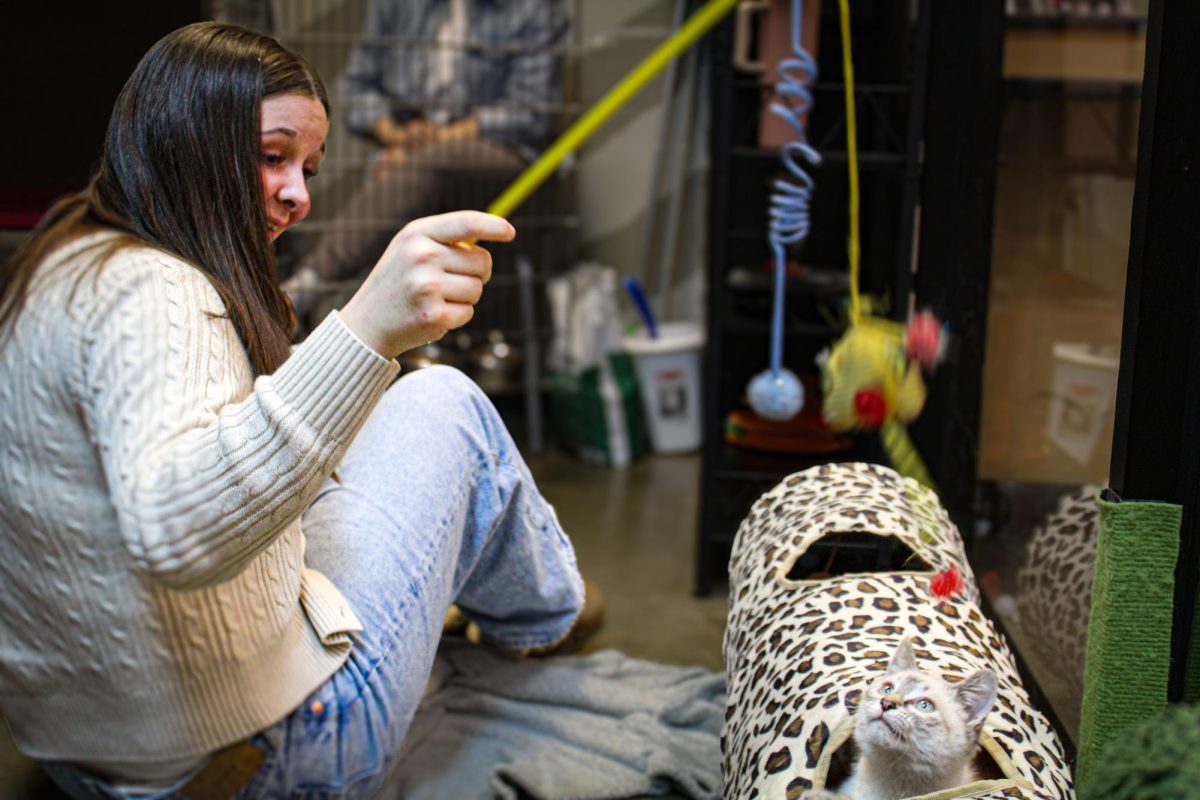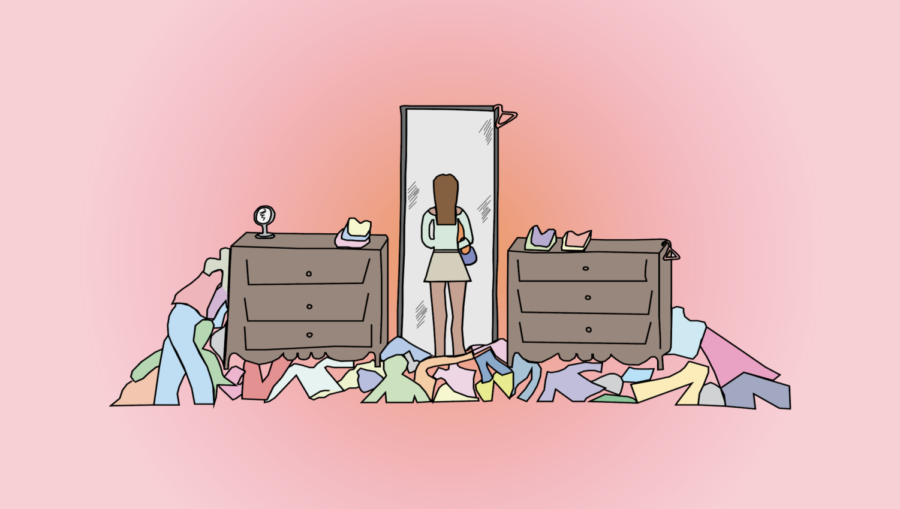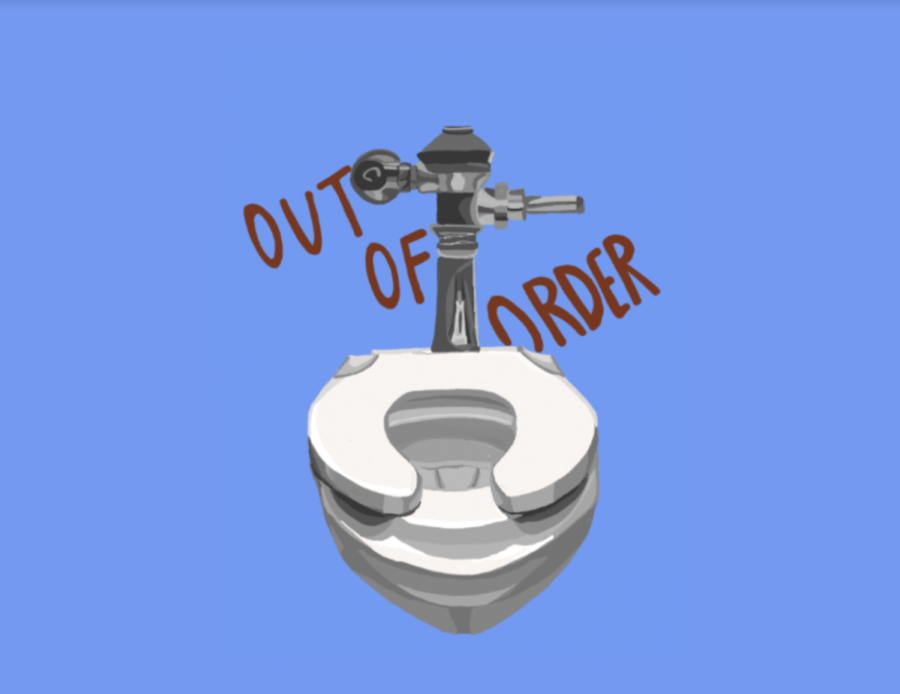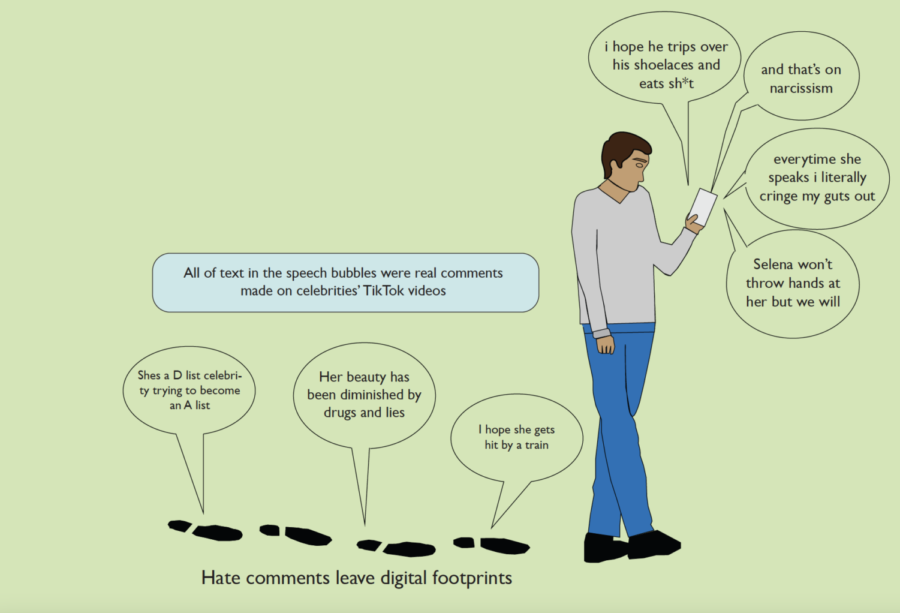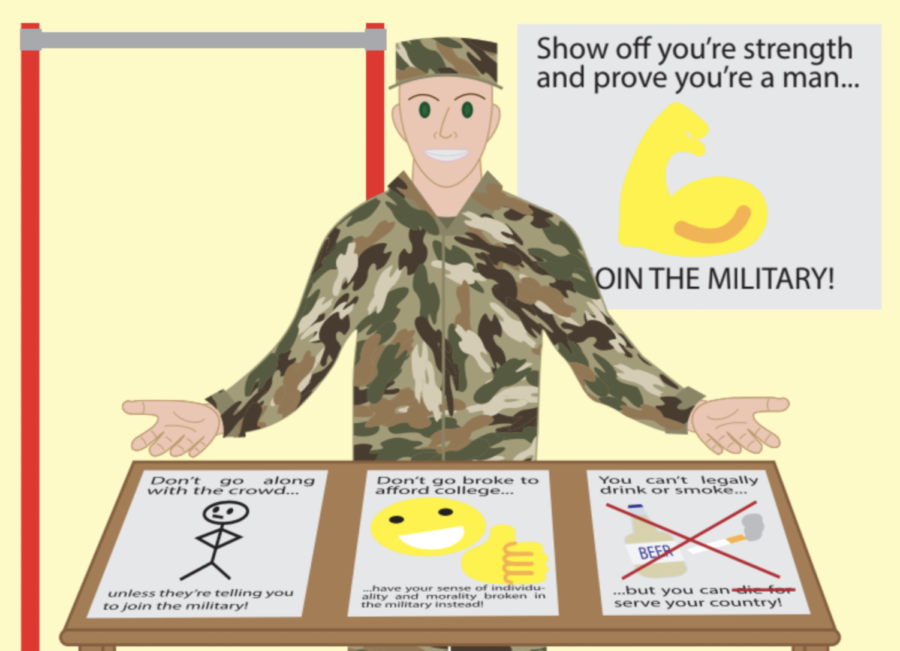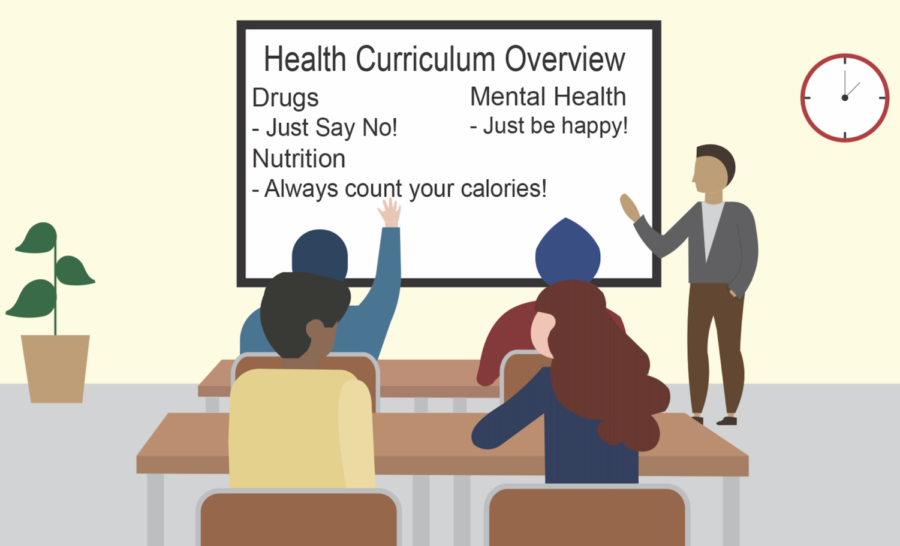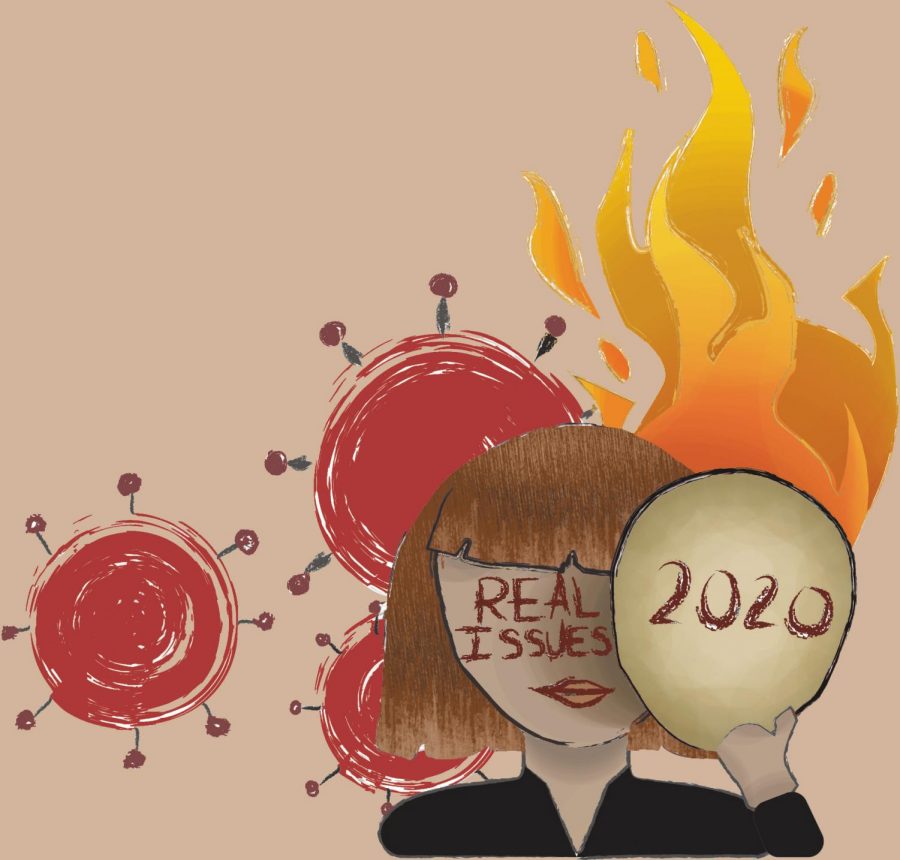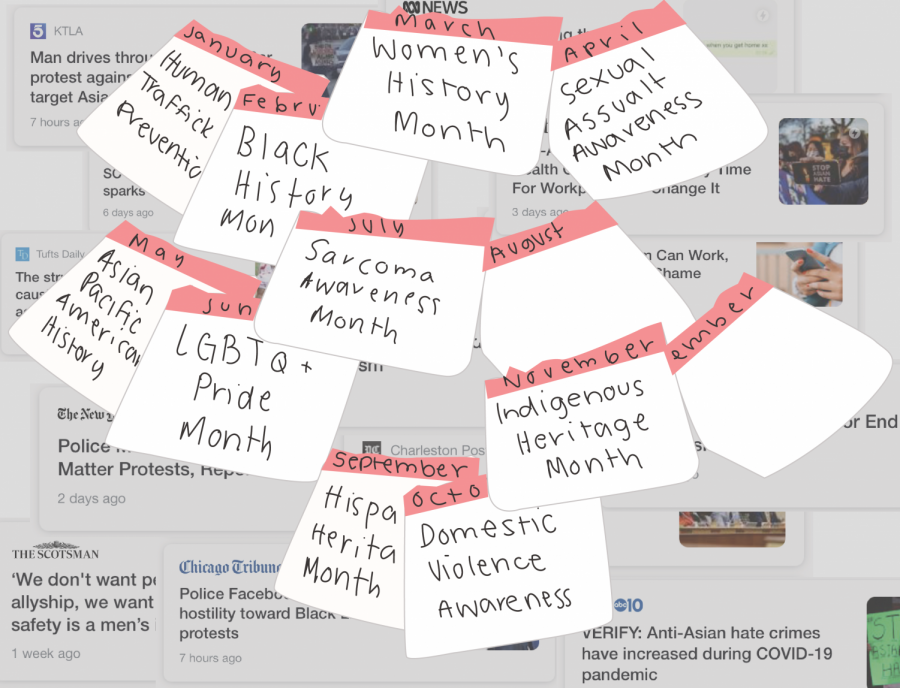Paper waste is simply accepted in America. In a country where more than one billion trees worth of paper are thrown away each year, efforts must be taken to reduce usage whenever possible. This begins by cutting out paper that adds little value to people’s lives.
College mail is a fundamental marker in each teenager’s journey through high school — there’s nothing quite like receiving your first piece of college mail. However, students often find that this feeling quickly fades as one flyer becomes 20 and their piles of leaflets double each week. With seemingly endless packets and postcards from schools vying for students’ attention, teenagers are constantly swayed to make one of their biggest decisions by an endless stream of printed materials.
To share information with students in a more relevant and environmentally-conscious way, colleges should make a change as their work inevitably becomes more important. The desire to attend college continues to skyrocket among high school students, with over 90% of high schoolers attending college at some point during their eight years after graduation. Over the years to come, colleges will only expand and broaden their marketing campaigns. Mail-based college advertising in particular has become increasingly popular due to the outbreak of COVID-19 — many universities opted to use more mail to make up for their ability to reach students through in-person events.
Increased mailings raise pressing questions about the role of waste in our modern day society. More often than not, college mail becomes more of a burden than a tool for students as they narrow their interest in specific universities. Sending out carefully-curated flyers is not as engaging to students as colleges may think. Pretty pictures of academic buildings, ratings that are little more than just numbers, and blanket statements that are nearly identically among mail do not give students a unique impression of what each college is like.
Furthermore, college mail prioritizes irrelevant details. Students’ decision on where to pursue higher education can rarely be made based on superficial information presented in a flyer, such as the exterior appearance of a university. Students find themselves limited to specific options for colleges based on cost, location, academic programs, and more — factors that colleges don’t consider when using mass mailings.
This concern is further exacerbated by acceptance packages. In a digitalised world where information can be most easily found through online searches, massive packets containing hefty booklets about campus life are becoming increasingly irrelevant for people who consistently have internet access.
Colleges should opt for a more personal approach to communicating with students — one that provides relevant information in an environmentally conscious way. This could include a wider range of college fairs and group chats that facilitate one-on-one meetings with college advisors and current students. Meanwhile, when sending acceptances to students, colleges could make their mark on individuals in a more useful way. Universities could send items that won’t be headed straight to the waste bin — from socks to water bottles and even snacks, many colleges have found a way to simultaneously reduce paper waste and make a bigger impression on students compared to their counterparts, who load students up with unneeded booklets.
Reimagining college mail opens up opportunities for society to consider how large organizations can simultaneously avoid waste and improve their target audience’s quality of life. After the pandemic ends, it could be easy for colleges to fall back on and continue their increased mail-marketing campaigns that began in 2020. However, to avoid the waste and irrelevant information that comes with mass mailings, colleges should redirect their efforts towards facilitating genuine conversations with students — interactions that conserve natural resources and make more of an impact than mail ever could.
Additional Resources:
- IHS Earth Corps Instagram (@ihs_earth_corps)
- How to Reduce Your Paper Waste – Zero Waste Memoirs
- How To Be An Intersectional Environmentalist – The Good Trade
- 10 free ways to make a difference during Earth Month



